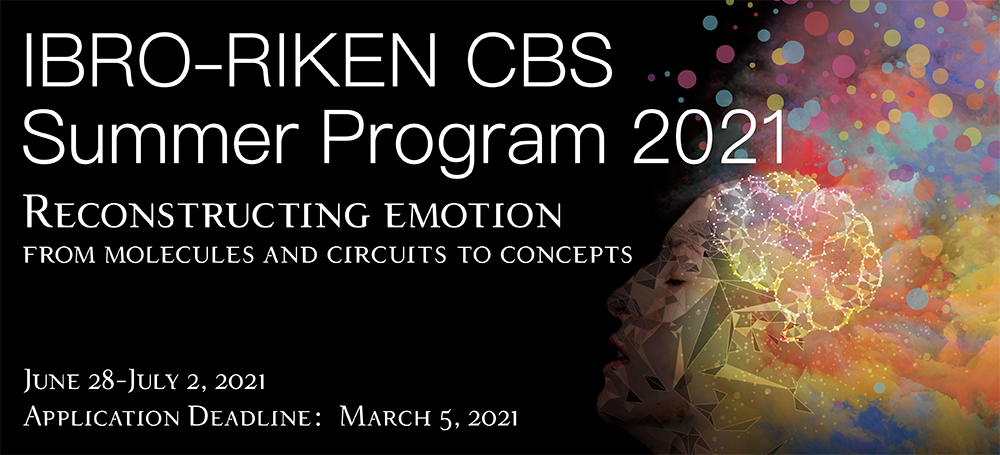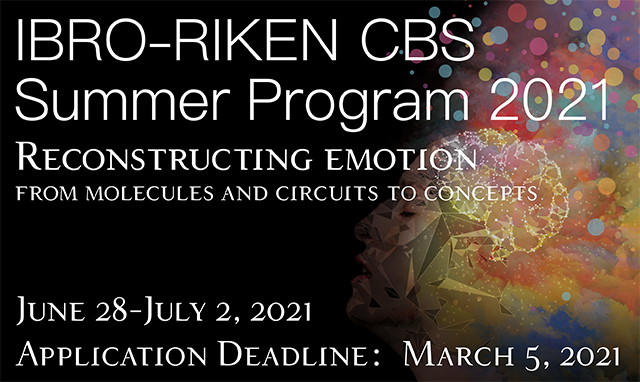

[L7] As soon as there was life there was danger
Lecturer
Date/Time
June 30, 2021 7:00am-8:20am
Abstract
Organisms face challenges to survival throughout life. When we freeze or flee in danger, we often feel fear. Tracing the deep history of danger gives a different perspective. The first cells living billions of years ago had to detect and respond to danger in order to survive. Life is about not being dead, and behavior is a major way that organisms hold death off. Although behavior does not require a nervous system, complex organisms have brain circuits for detecting and responding to danger, the deep roots of which go back to the first cells. But these circuits do not make fear, and fear is not the cause of why we freeze or flee. Fear a human invention; a construct we use to account for what happens in our minds when we become aware that we are in harm’s way. This requires a brain that can personally know that it existed in the past, that it is the entity that might be harmed in the present, and that it will cease to exist it the future. If other animals have conscious experiences, they cannot have the kinds of conscious experiences we have because they do not have the kinds of brains we have. This is not meant as a denial of animal consciousness; it is simply a statement about the fact that every species has a different brain. Nor is it a declaration about the wonders of the human brain, since we have done some wonderful, but also horrific, things with our brains. In fact, we are on the way to a climatic disaster that will not, as some suggest, destroy the Earth. But it will make it inhabitable for our kind, and other organisms with high energy demands. Bacteria have made it for billions of years and will likely be fine. The rest is up for grabs, and, in a very real sense, up to us.
References
- Joseph E. LeDoux, “Semantics, Surplus Meaning, and the Science of Fear” Trends in Cognitive Sciences, (in press)
- Joseph E. LeDoux “How does the nonconscious become conscious?” Current Biology 30, R1–R4, March 9, 2020
- Joseph E. LeDoux “Thoughtful feelings” Current Biology 30, R1–R5, June 8, 2020



